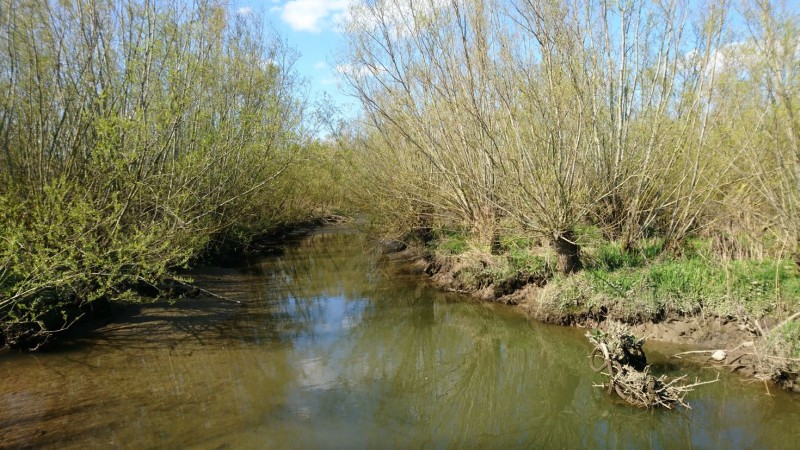E.Saccon1*, T. Bouma1, J. van de Koppel1
1 NIOZ Royal Netherlands Institute for Sea Research
*corresponding author:
Introduction
In many estuaries worldwide, saltwater is intruding further and further inland. As it progresses inland, it can reach freshwater wetlands previously inaccessible to saltwater. This reduces vegetation growth, increases mortality, and promotes colonization by new salt-tolerant species. Ecosystem services, like flood defence and carbon sequestration, decline. However, the duration and intensity of saltwater intrusion varies significantly among estuaries. Even minor differences between environmental factors or their interactions may lead to considerable differences in plant response. Yet, their specific influence on plants is still uncertain.
Methods
In this study, we exposed 3 common freshwater trees (willow Salix alba¸ alder Alnus glutinosa, and elderberry Sambucus nigra) to a combination of 2 tidal regimes (tidal and non-tidal), 3 different salt concentrations (freshwater, 2 PSU, and 5 PSU), and 2 durations of salt stress (continuously exposed to saltwater or only one week each month).
Results
Contrary to common belief, our results suggest that alders can live in tidal conditions and tolerate saltwater better than willows. Moreover, occasional saltwater intrusion causes lower damage to plants, even when repeated over time. As most Dutch riverine wetlands are now dominated by willow trees (mostly planted for human use), they might be more vulnerable than alder wetlands. As an alternative to current efforts to completely exclude saltwater from wetlands, increasing species composition (e.g., by planting alder) and reducing the time plants are exposed to saltwater might provide a cost-effective method to maintain ecosystem health.

Figure 1: Carnisse grienden: a willow-dominated wetland in the Netherlands (image courtesy: E. Saccon).
I. Surname1*, F.N. Another-Surname2 , Y. Next-Surname2
1 University Name, Country; 2 Organization Name, Country
* Corresponding author: mail.name@organization.org


